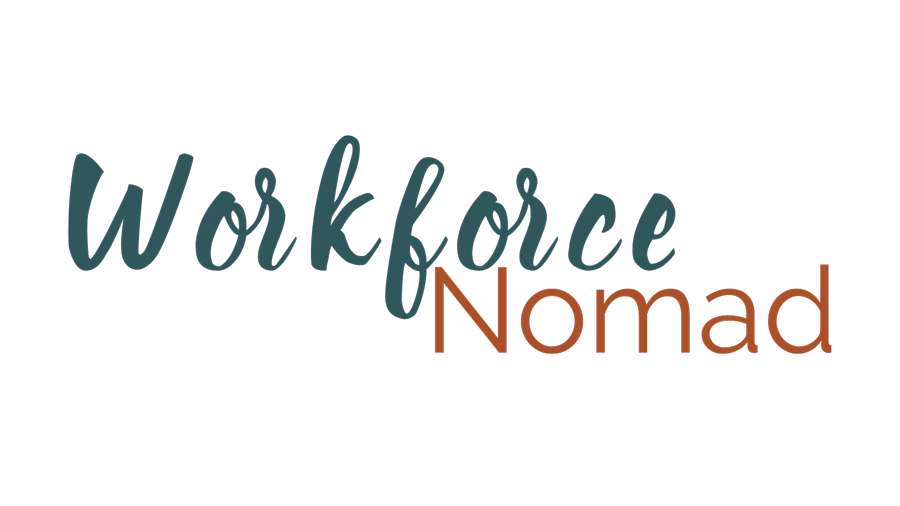by Kathy | Sep 27, 2012 | Uncategorized
I’ve got my blog set up so I can start blogging about my latest experiences. I’ve strayed from my public blog while doing only internal to ThoughtWorks posts and being really busy, but now I think its time to put my mind back to it and start sharing with my friends again. But I need to fuss with the look and feel a little so its not too boring.
by kgettelfinger | Aug 12, 2009 | Uncategorized
Maybe working for an agile focused organization casuses me to see agile applications everywhere…
It’s interesting to me how “agile” techniques applies to solving more problems than just software development. Last night I went to Green Drinks Chicago www.chicagogreendrinks.org . It was a networking event focused on sustainability. Not exactly a technology focused group in fact I didn’t meet anyone who was in software development. Mostly folks who are in or would like to be in green industries and some looky lu’s like me. There was a great panel discussing some research projects done on sustainable community development. About five projects in total one of which was on Sustainable Design.
As I was listening to their theories and case studies on this concept of sustainable design I couldn’t help but extrapolate the ideas to software development and vice versa. Here were some of the melded ideas I took away:
- Designing from the bottom up- collaborating with your constituents/community group is critical, solutions must be driven by their needs, willingness and involvement
- Understanding the needs, desires and motivations of your constituents
- Engaging them
- Execution that is powerful and affective
- The solution is all about the constituent
- Simplicity and feasibility
- Sharing the knowledge with your constituents so they don’t need to rely on you after you are gone (knowledge=ownership)
- Establishing metrics along with goals
- Solving problems yes, but creating opportunity
Change is hard and if you are in the business of making change (which I believe most of are) you need to learn what it is that motivates people to change and be prepared to help them do it in a way that works for them.
by kgettelfinger | Feb 10, 2009 | Career management, Uncategorized
I love technology. I’ve seen how its proper use can transform a process and create valuable efficiency. I’ve seen it impact my life in very positive ways (I’m not sure I could keep things straight without my Blackberry).
I’ve also seen it derail a system and make things more difficult or at a minimum get in the way of its own success. Too often people/organizations gravitate toward a technology for its promise of the good life without really examining how the features will fit into their life/process. Technology is meant to enhance a process, it can rarely replace one perfectly. I have yet to find a process that will replace my lovely manual to do lists for example. No one system seems to really understand the way I think. There are systems out there which purport to mimic my mind and thought flow but to date none of them have convinced me to change my behavior completely. And who can blame the software? I don’t think you can successfully implement a software solution if you don’t understand your process to begin with and my mind still has its mysterious elements. I will never be able to make the most of those slick systems until I understand how to map out the process of my thinking. That will take time and multiple iterations for me to achieve success. But, I like my paper process and my wall size to do list. I can’t help it. I’m not ready to let it go. So while on the one hand I will happily help companies think through their implementation and integration strategies and put them into play, my inner ludite will likely be with me for a long time.
by kgettelfinger | Feb 9, 2009 | Job Transition, Uncategorized
As someone who doesn’t normally caffeinate to start my day, it is funny that the coffee shop has become my new office. In fact I had one day with four meetings in two different coffee shops. Today it was only two meetings in two coffee shops (same chain different suburbs). I learned my lesson from the first time though and switched to decaffeinated beverages. Otherwise I risk appearing as a chipmunk on crack (hello shakes). Apparently, I’m sensitive to caffeine.
Coffee shops are such great places to meet with people without making a production out of it. And you start to run into people you know if you do enough of it. Ad hoc networking at its finest. I wonder what the record is for most coffee shop visits in one day and how many different shops/chains? I think coffee shops must be doing pretty well in this environment because I am not alone in my routine. They are full of folks working on laptops and meeting with people.
I won’t be giving up my home office though, having my dog sleeping under my desk just can’t be beat.
by kgettelfinger | Feb 4, 2009 | Uncategorized
Our need to define ourselves by what we do rather than who we are makes for a difficult road at times. I do X. Therefore I am X. People know what X is and they get the feeling they understand X so they understand me. I do Y. Therefore I am Y. People know what Y is and they get the feeling they understand me. But wait I do X and I do Y. Whoa. People don’t understand what XY is so they can’t understand me. So they will either force me to pick X or Y or they will ignore me entirely so they might rest easier.
I think our strengths tend to be about who we are and how we do things more than what we do. Trying to understand who someone is and what their strengths are can be difficult and even if you feel you can identify what someone is good at the ability to figure out how to apply that to what needs to get done is not always obvious. Management understands what needs to be done. Individuals need to understand how their gifts apply to what needs to be done.
The ability to be aware of who you are and how to apply that to what needs to be done is a skill we do not teach people. It is an ability to extrapolate information and an ability to combine X and Y and get XY or even Z. There are people who have this naturally and I think there are a lot of opportunities to learn these skills through life but in formalized education or training we are most commonly teaching people what to do rather than how to understand what needs to be done and how they best can do it.
by kgettelfinger | Jan 15, 2009 | Career management, Uncategorized
Have you looked back at the disparate pieces of your career and thought they didn’t add up to much? The whole of you is greater than the sum of your parts. How do you figure out this equation? For me I looked back at all the different things I have done and asked questions about them like the following:
What were the things that I really liked (disliked) about that role or that company?
What pieces made me really excited or brought out my creativity?
I discovered that at the core of my favorite roles or companies there was a theme. I need to work in a growth environment with people who are interested in growing the business, the people in the business and their customers business. I really enjoy connecting with others and helping them succeed and I found this in some element of the roles that I enjoyed.
What trends have you seen in your path? What tricks have you used to connect the dots?






